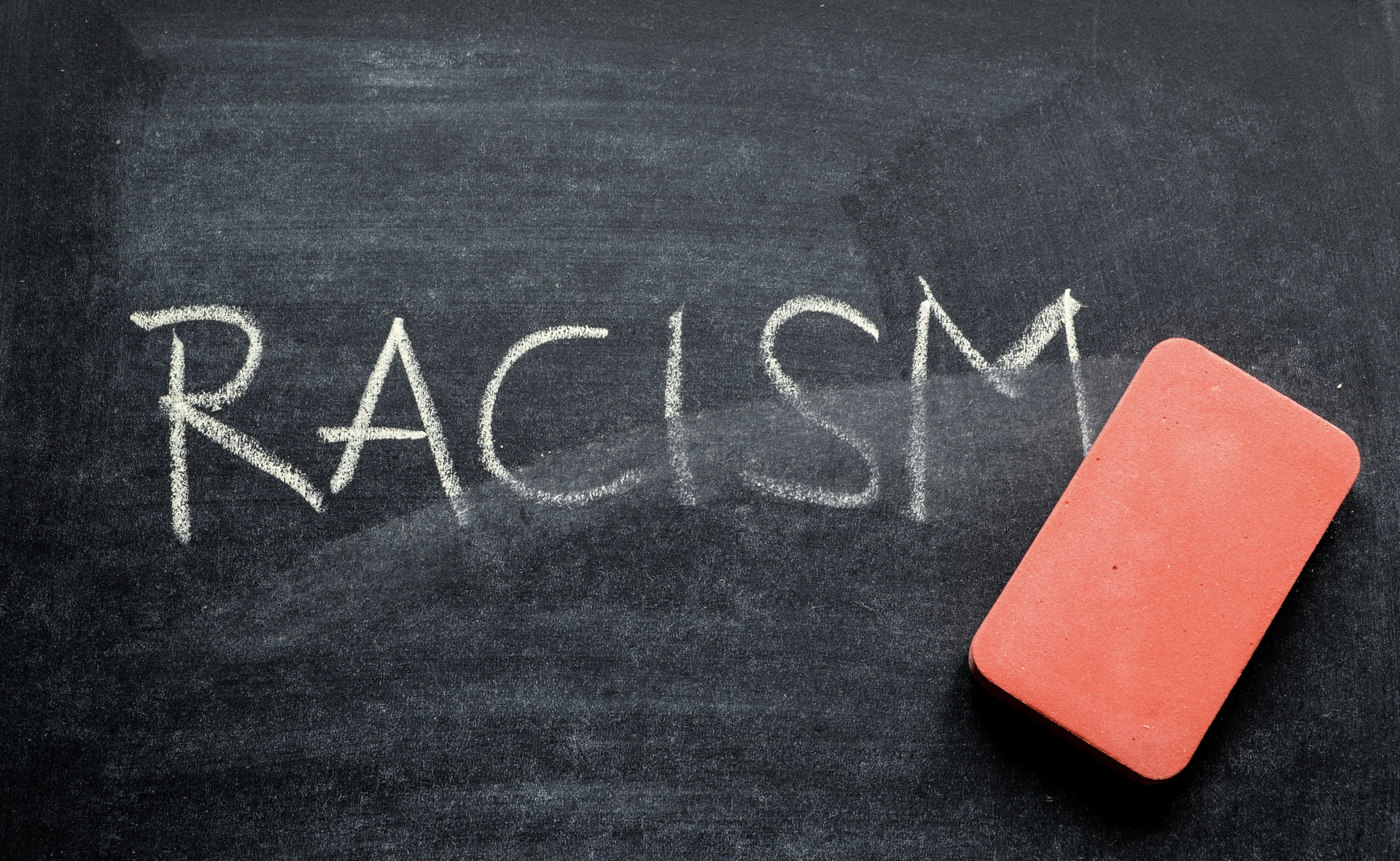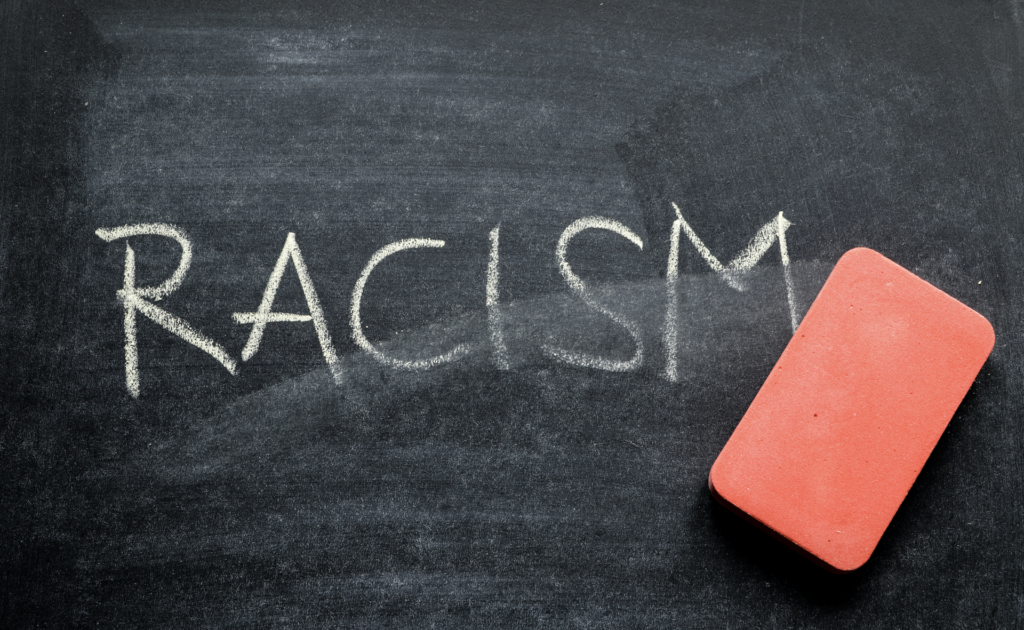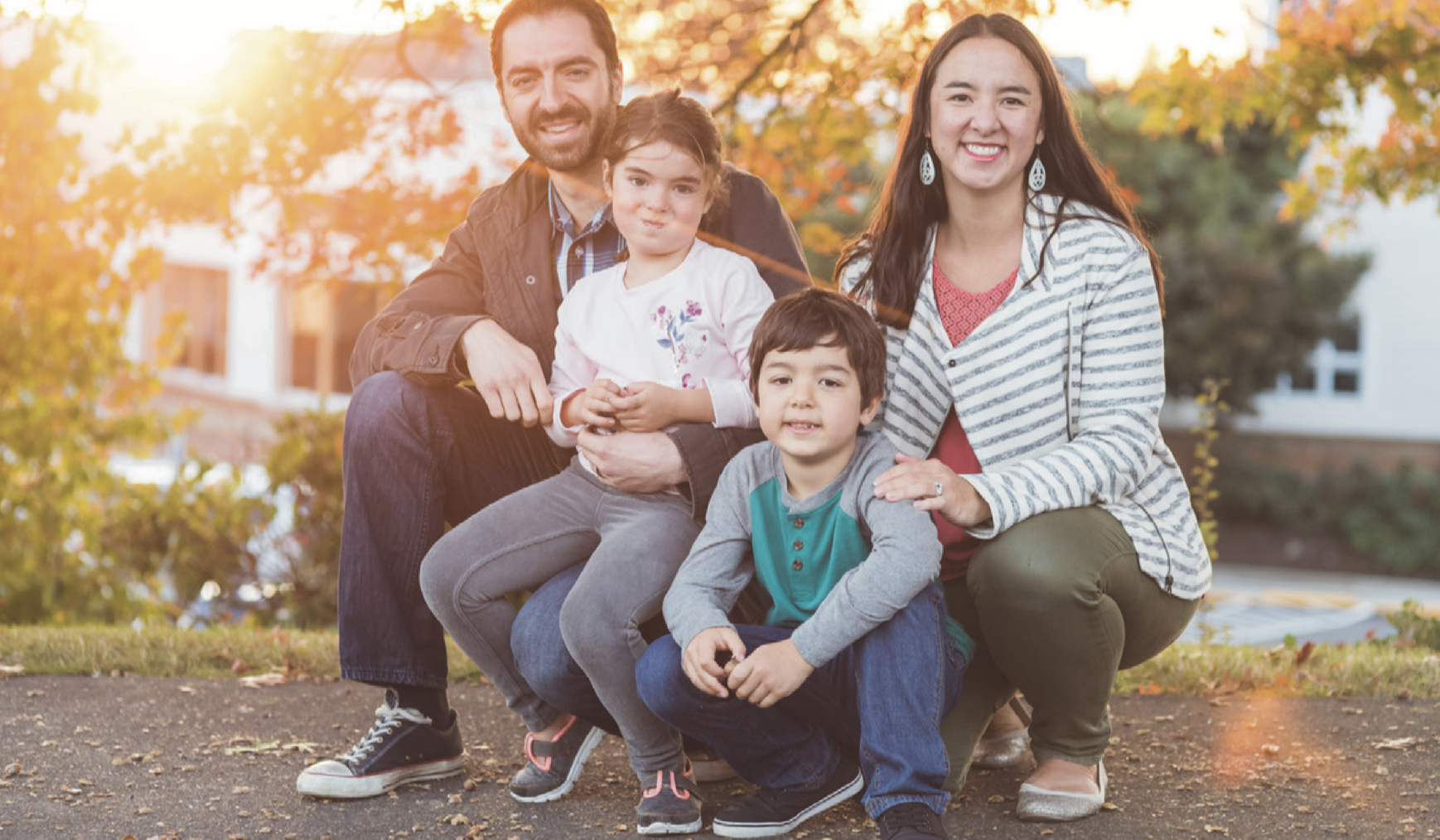A Parent’s Guide to Having Critically Important Conversations About Diversity, Racism, and Equality with Your Children An Introduction

A Parent’s Guide to Having Critically Important Conversations About Diversity, Racism, and Equality with Your Children An Introduction
A Parent’s Guide to Having Critically Important Conversations About Diversity, Racism, and Equality with Your Children
An Introduction
An Introduction By Guest Blogger Cheryl Riley, Team Lead and Senior Therapist, Beech Acres Parenting Center
Talking about race is usually difficult and uncomfortable for most people. Talking about race right now, in light of the senseless and tragic deaths of unarmed and defenseless African American men and women simply because they were Black- that’s likely terrifying for a lot of parents. Yet, it is absolutely necessary and urgent that you talk to your children about racism and how to be an antiracist.
We are the original teachers and role models of our children. They naturally look up to us and want to be like us. That’s why it’s so important for parents to model the right behaviors and attitudes at home. What you do and say when no one is around, is actually more important than when there is an audience.
Parents should start with the very fundamental concept of valuing all human life, regardless of the person’s race or ethnicity, and explain the importance of expressing human dignity, respect, and compassion for each other. From there, make the discussion personal and relatable, by delving into conversations about their friends or perhaps relatives who are people of color. When children can connect racism and how it negatively impacts people of color to someone they know and care about, that takes the conversation to a new level and it’s more impactful.
America has a very long and complex history with racism and Black people. It is often said and true, that we must know our past before we can move forward into our future. Author Ibram X. Kendi has several books that do an excellent job of explaining all of this. “Stamped from the Beginning” details the extensive and lingering history of America’s relationship with Black people. Kendi explains that “racist ideas did not arise from ignorance or hatred. They were created to justify and rationalize deeply entrenched discriminatory policies and the nation’s racial inequities.” His book provides the tools and resources to uncover implicit biases and inherent racism. He also just put out a book for much younger children (0-3 y.o.) called, “Antiracist Baby.”
Being an ally in the battle to dismantle and eradicate racism, means you have to be willing to do the difficult work of self-reflection and internal examination of your own beliefs about race. It’s not good enough to be “nice to Black people” or “have a Black friend.” Being anti-racist means you do not tolerate racism in any form, whether it’s covert or overt. Kendi has a book for this as well, “How to be an Antiracist.” The Amazon review states, “This is an essential work for anyone who wants to go beyond the awareness of racism to the next step: contributing to the formation of a just and equitable society.”
There is no certain age when it’s appropriate to discuss race issues with your children. Parents need to gauge their kids’ maturity and ability to grasp the concept. However, don’t wait until something happens. Get ahead of it and be proactive. Integrate this kind of brave discussion into your everyday lives. The more you talk about race, the more comfortable you and your children will become with the topic, and the more knowledgeable you become, the better allies you will be.
We’ll be sharing resources for both Caucasian and African American parents to have these important conversations with their children. Let’s make a difference. Together.






